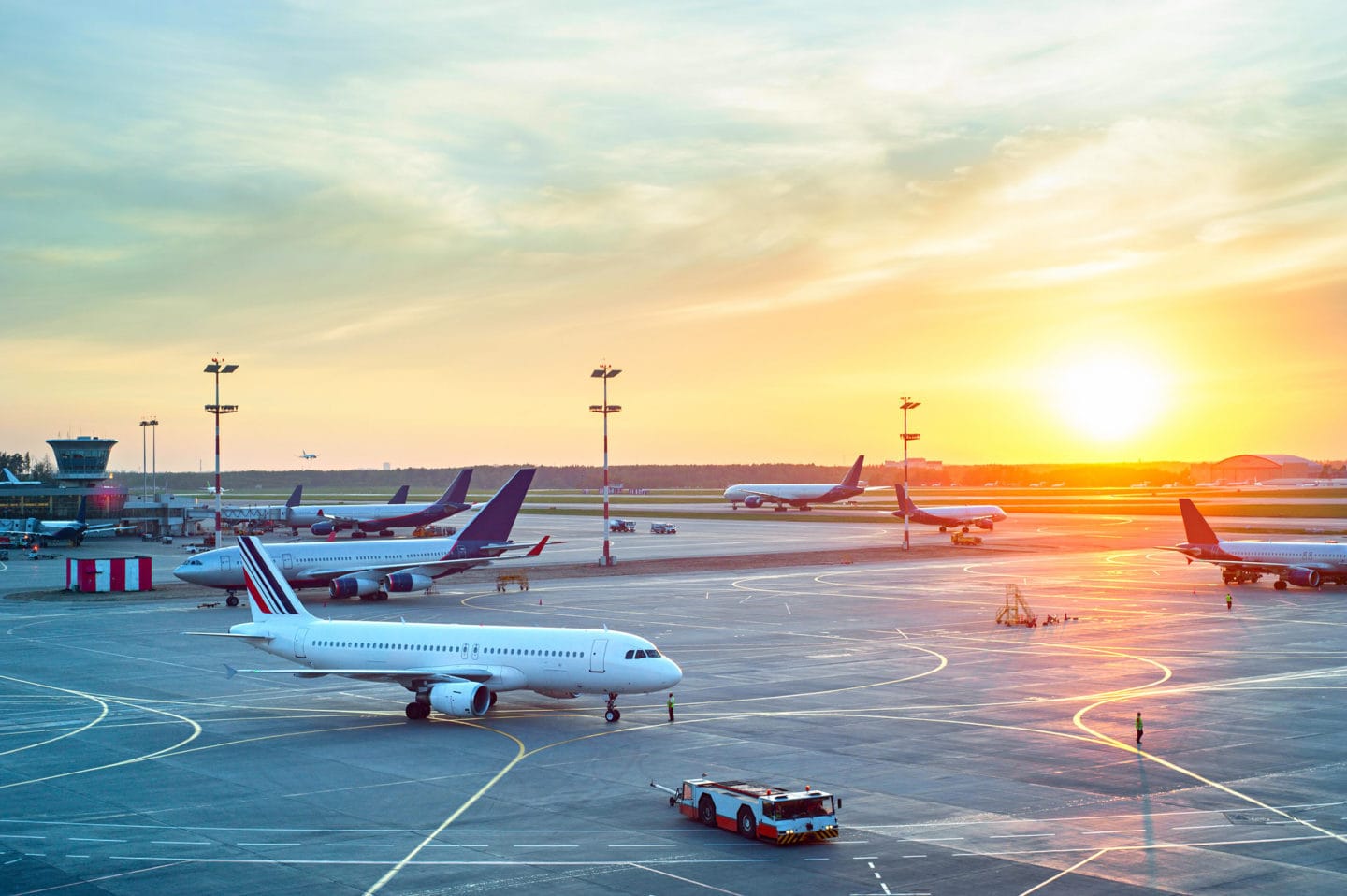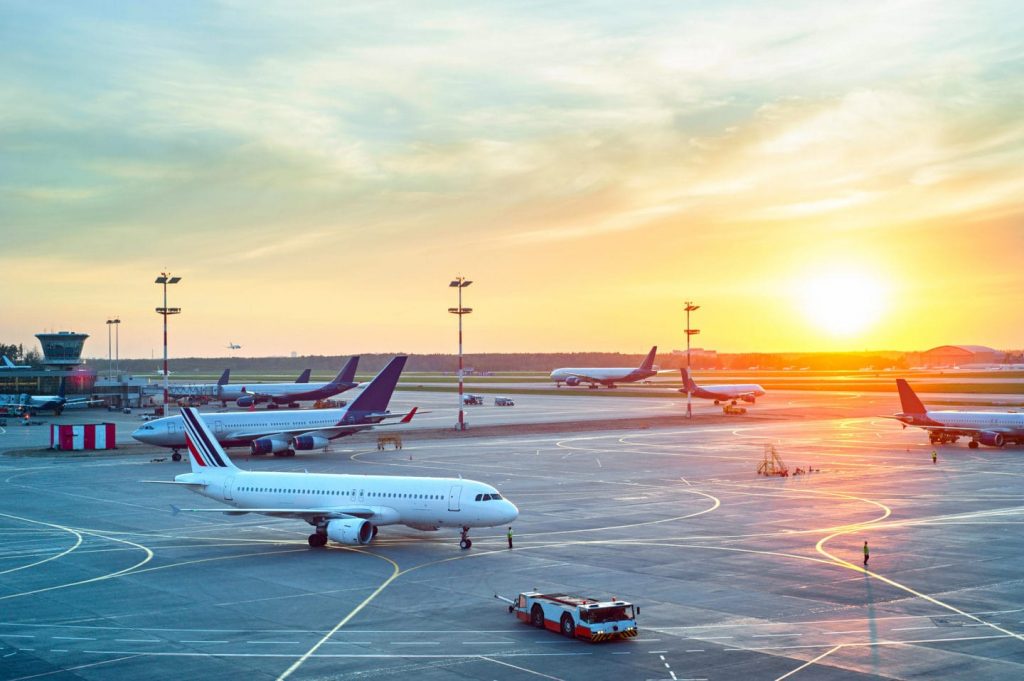Cost of Traveling From Nigeria to Canada

Are you planning a trip from Nigeria to Canada whether for visits, studies, or a permanent residency? If so, get ready for an unforgettable experience. But before you pack your bags, it’s essential to understand the potential costs involved.
Considering the financial ramifications of traveling from Nigeria to Canada is necessary for efficient trip planning and budget management. This includes everything from flight and visa costs to lodging and everyday expenses.
This article will guide you on the key expenses you’ll encounter on your Nigerian-Canadian adventure. By so doing, prospective travelers navigate the financial aspects of their journey effectively.
Cost of Traveling From Nigeria to Canada
However, let’s discuss expenses before turning your Canadian dream into a reality. A summary of the main costs you might expect to pay during your trip to Nigeria and Canada is provided below:
1. Flights
Buckle up! because the most substantial outlay is frequently airline tickets. Depending on the time of year, the airline, and the route selected, prices might change dramatically. A basic ticket will cost you around ₦1,138,801 (about USD 3,000), while a more premium option would cost you approximately ₦3,483,518 (about USD 9,300).
In addition, changing seasons, demand, and airline preferences affect the cost of tickets. It’s ideal to purchase tickets considerably in advance to get the cheapest prices, and to take advantage of cheaper tickets, think about changing your trip dates.

2. Visa Fees
Nigerians who wish to travel to Canada, often need a visa, which comes with an application and costs. These costs can change based on the kind of visa and the length of time it takes to process it. To prevent delays or issues in the application process, it is important to budget for visa expenditures and make sure all requirements are met.
To explore Canada’s wonders, you’ll need a visitor visa. Application fees can range from CAN$100 (around ₦3,400) for individuals to CAN$500 (around ₦17,000) for families. Remember, additional biometric fees might apply.
3. Accommodation
Accommodation is seen as a sizeable amount of the total travel expenses. Vacation rentals, homestays, hostels, and hotels are just a few of the lodging alternatives available in Canada. Factors including location, facilities, and time of year affect prices. Tourists can obtain reasonably priced and cozy accommodations for their vacation by doing prior research and comparison shopping.
Whether you prefer cozy hostels or luxurious hotels, Canada offers diverse options. Budget-friendly hostels can cost around ₦7,000 (around CAD 20) per night, while hotels can range from ₦21,000 (around CAD 60) to much higher depending on location and amenities.
4. Food and Dining
Traveling to Canada is a great way to explore its culinary culture, but eating out can be expensive. Travelers on a tight budget can cut costs by choosing inexpensive meal alternatives such as food carts on the street, local eateries, and supermarkets. Moreover, preparing meals in accommodations or bringing snacks on excursions reduces food costs without compromising flavor or variety.
From fresh seafood to maple syrup treats, Canadian cuisine offers a delicious adventure. Budget around ₦14,000 (around CAD 40) per day for basic meals, while exploring fancier restaurants can push this cost higher.
5. Transportation
Once in Canada, transportation within the country adds to the travel expenses. Cities like Toronto, Vancouver, and Montreal may be easily and economically navigated with the use of public transit systems, which include buses, trains, and subways.
Nevertheless, depending on their tastes and schedule, passengers may also have to pay for taxis, ride-sharing services, or rental automobiles. Planning for travel costs guarantees easy and productive travel while visiting Canada.
Consider purchasing travel passes or exploring public transportation options for cost-effectiveness. Expect to spend around ₦7,000 (around $20) per day on average for local travel.
6. Activities and Attractions
Canada is home to a plethora of attractions and activities, from cultural icons like Parliament Hill and the CN Tower to natural amazing examples like Niagara Falls and Banff National Park. A ticket or entry charge may be required for certain attractions, while others may offer free or reduced admission. Travelers may maximize their time in Canada and successfully manage their finances by planning an itinerary and prioritizing must-see attractions.
7. Contingency Fund
Finally, it’s essential to set aside a contingency fund for unexpected expenses or emergencies. Whether it’s unforeseen medical costs, lost belongings, or changes in travel plans, having financial reserves provides peace of mind and ensures flexibility during the trip.
Wrapping Up
Knowing the actual expenditures when traveling from Nigeria to Canada, even though it offers an exceptional experience is very crucial. Travelers may make smart financial decisions and organize their trip efficiently by being aware of the many components that go into total costs, such as daily expenditure, lodging, and visa and flight fees. To get a more realistic idea of your vacation budget, don’t forget to account for extra costs like entertainment, souvenirs, and travel insurance.
Discovering the treasures of Canada is made both possible and incredibly fulfilling with rigorous preparation and financial prudence.
Now that the expenses are more apparent, get set to set off on your once-in-a-lifetime journey to Canada!
